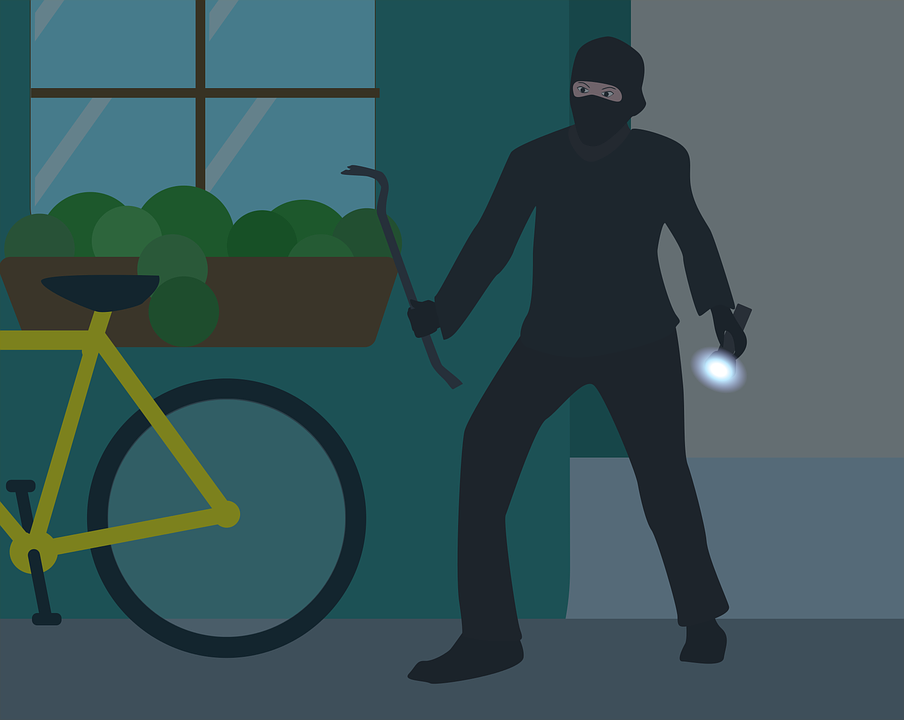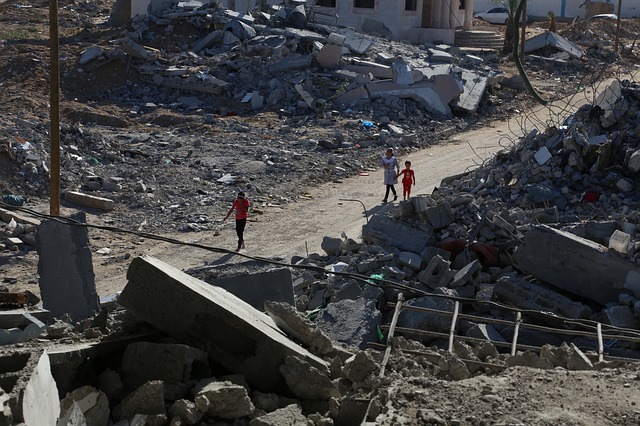How to protect your IT systems?
STME warns UAE business to protect IT systems following Wannacry
According to data, 50% of Middle East businesses do not have any cybercrime prevention measures in place, placing systems in danger of attack
STME, the Middle East’s leading IT solutions provider and systems integrator, has issued a strong warning to the region’s business community about the potential vulnerability of IT systems following the global Wannacry attack in May 2017.
It is estimated the attack affected 200,000 computers in 150 countries, including systems used by Fedex, Nissan and the UK’s National Health Service.
Ayman Al Bayaa, CEO, STME, said: “Today, cyberattacks pave the way for extortion, bribery, blackmail, theft and even a complete blackout of systems, yet according to data from KPMG, only 50% of respondents have any counter attack measures in place. It is of vital importance that these firms and organizations stress test their systems and address all potential vulnerabilities.”
In response to the new generation of security challenges, STME, the Middle East’s leading IT solutions provider and systems integrator (SI), has underlined its commitment tohelping combatattacks.
Al Bayaa added: “In an increasingly connected world on the cusp ofanother digital revolution and the roll out of Internet of Things (IoT) technology, cyber security has never been more important and the World Economic Forum lists this as a top 10 threat in 140 economies. We are all part of the same connected global community as such should adequately protect the systemswe depend upon.”
There are three trends driving cybercrime currently. New hacking technology has paved the way for automated attacks, meaning that it is only a matter of time before an unprotected system is detected and compromised. There has also been an emergence in hackers taking control of computers, with access to all the information employees and management see. Thirdly, hackers copy and encrypt information that may be useful to them – bank details, log in codes – and can use these to re-access the system and even post a ransom demand.
Al Bayaa added: “This isn’t just about the individual business, but the data held on clients, payments and other confidential matters. It is a duty of all businesses to protect that information and ensure it is only accessed by the people who should see it.”
Forewarned is forearmed, as the saying goes, and STME believes that knowledge is the first link in the chain of stopping an attack. STME provides an informative consultancy service to clients, covering the security climate in general and the options available.
To ensure its products are accessible to the entire business community, STME has developed solutions across cost models, meaning all companies in the MENA region can access STME’s security products covering networks, host, identity, database, cloud security, security management and security operation centres.
Al Bayaa concluded: “In theMiddle Easttoday, strong penalties exist for those convicted under cybercrime laws, which are broad enough to include ‘misuse of the internet’ and ‘damaging public morals’. However, in order to address a global threat that is unparalleled in its scale and ability to devastate business operations, bespoke and adequate systems are required. These don’t have to break the bank, but they can eliminate the impact of somebody attempting to break into your systems.”




























